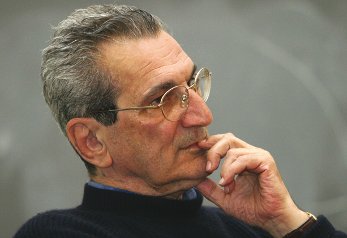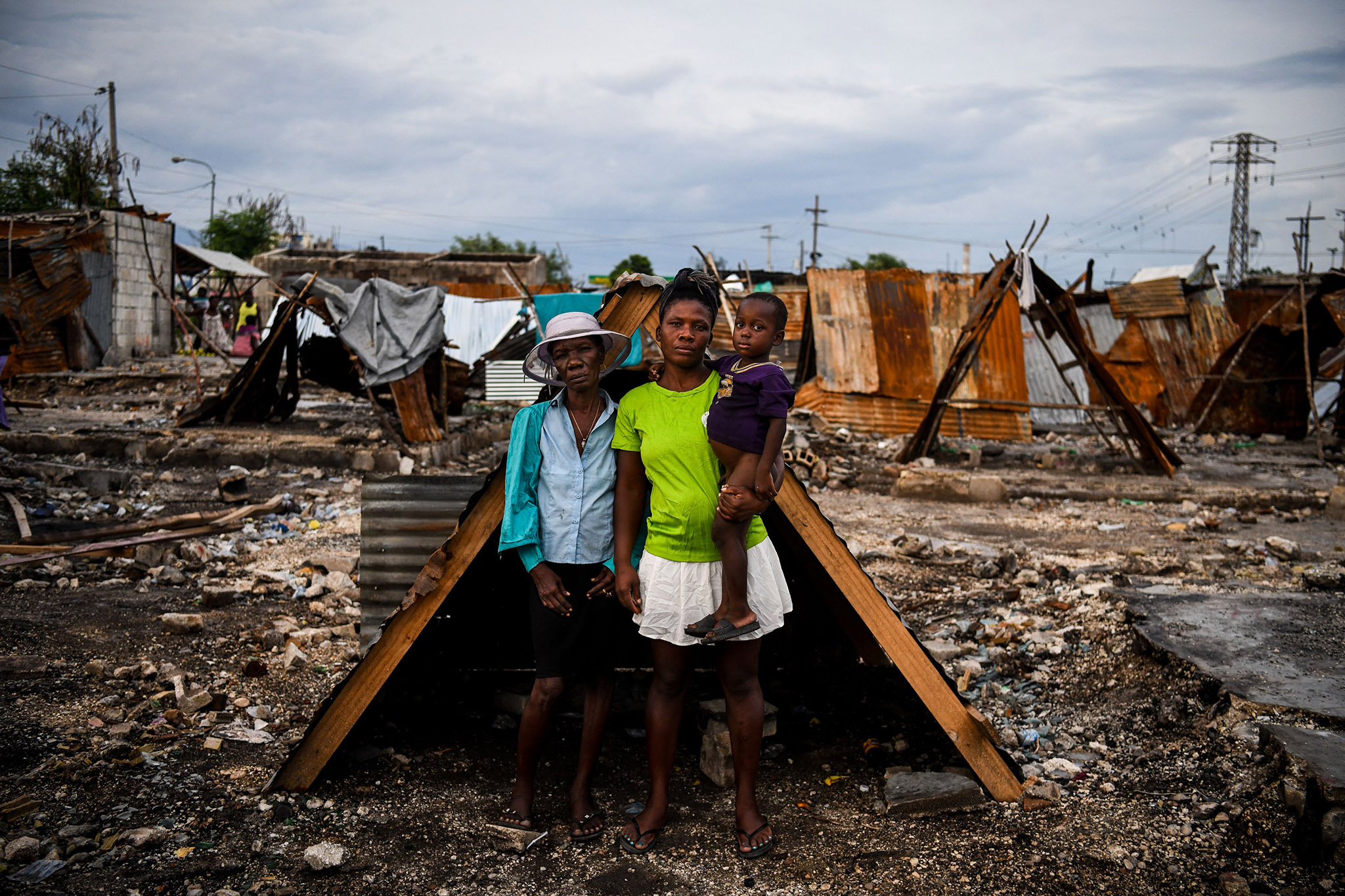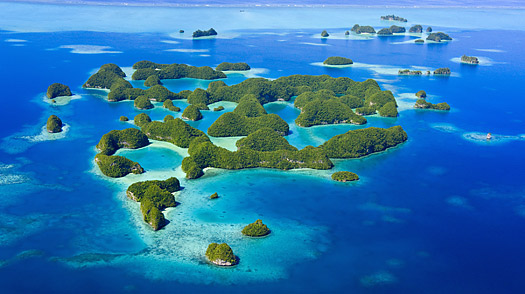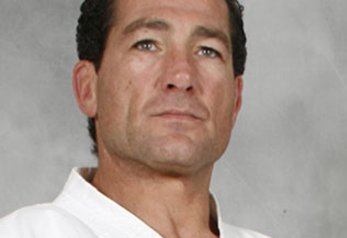In her book, Chasing the Flame, Pulitzer Prize-winner Samantha Power tackles the life of Sergio Vieira de Mello, whose work for the U.N. before his 2003 death in Iraq was emblematic of moral struggle on the global stage. S. Power has drawn on a staggering breadth of research to show us a heroic figure and the conflicts he waded into, from Cambodia’s Khmer Rouge, to the slaughter in Bosnia, to the war-torn Middle East. De Mello, considered by many as the most suitable successor to Kofi Annan, was a victim of the terrorist attack on a political mission in Baghdad in the first, and most serious, attack on the UN since it was founded. There were twenty-one other victims, and more than two hundred injured.
Sergio de Mello had an extensive and intense career built about some of the most resonant episodes of the past forty years. Some of the most memorable moments of his career were his mediation after the Middle East hostilities in 1982, his repatriation of 400.000 Cambodian refugees in the nineties, and his efforts to negotiate an end to the slaughter in Bosnia. After De Mello’s experience in the Balkans, he was asked to undertake what was to become one of the most difficult UN missions to date, but ultimately the most successful post-crisis mission ever: lead Timor-Leste’s birth to independence. This was the first time the UN was able to fulfill one of the dreams inscribed in its founding charter : to build the institutional framework of a country from the ground up – in this case, a country that had been occupied and devastated by Indonesian colonial troops.
At the time of his death, Sergio Vieira de Mello held the top UN Human Rights job – a position that many people have identified as the “conscience of the world.” In light of this, the tragedy that ended the life of Sergio and so many others is as surprising as it is unacceptable. Many people still do not understand why an attack of such magnitude does not warrant a rigorous investigation. Instead, the circumstances of the incident were buried. Rather than a full investigation and an active effort to shed light on the context and aftermath of the Baghdad bombing, the international community – particularly the UN and the U.S. – display a remarkable and strange passivity.










